2017 and Regulated businesses

Princeton University EGR 475
Danny Crichton / Oct 20th, 2017
Personal Background
Venture trends from the field
Building a startup today

Agenda
Personal Background
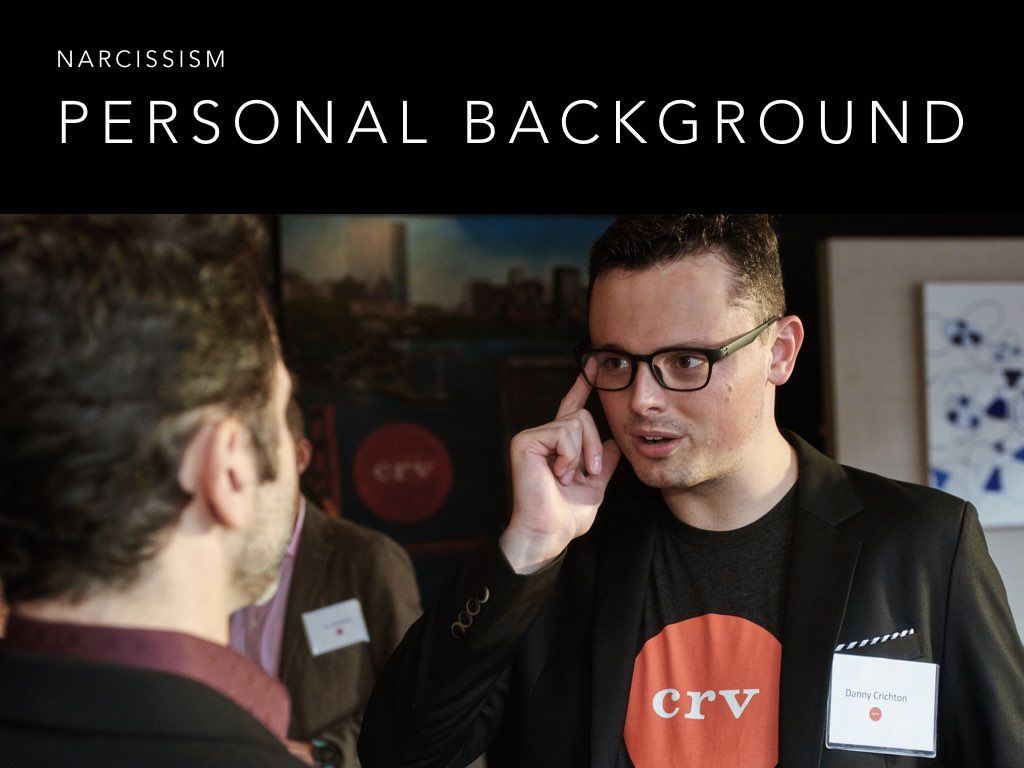
Narcissism
Complex Venture Trends

Life in 2017
1. Huge Biotech Excitement

Massive interest in “deep insight bio” - software and bio
Massively increasing valuations
Political pressure and regulatory reform from FDA
Global increase in spend
2. Startup Frontier IS increasingly “complex”
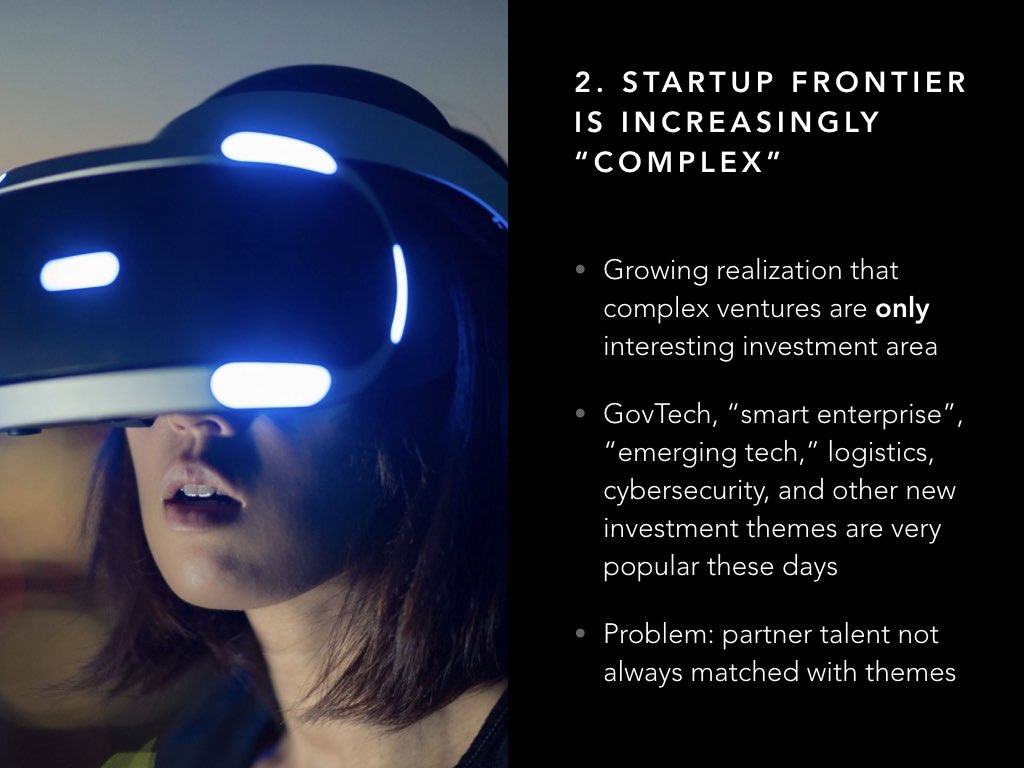
Growing realization that complex ventures are only interesting investment area
GovTech, “smart enterprise”, “emerging tech,” logistics, cybersecurity, and other new investment themes are very popular these days
Problem: partner talent not always matched with themes
3. Asset class arbitrage
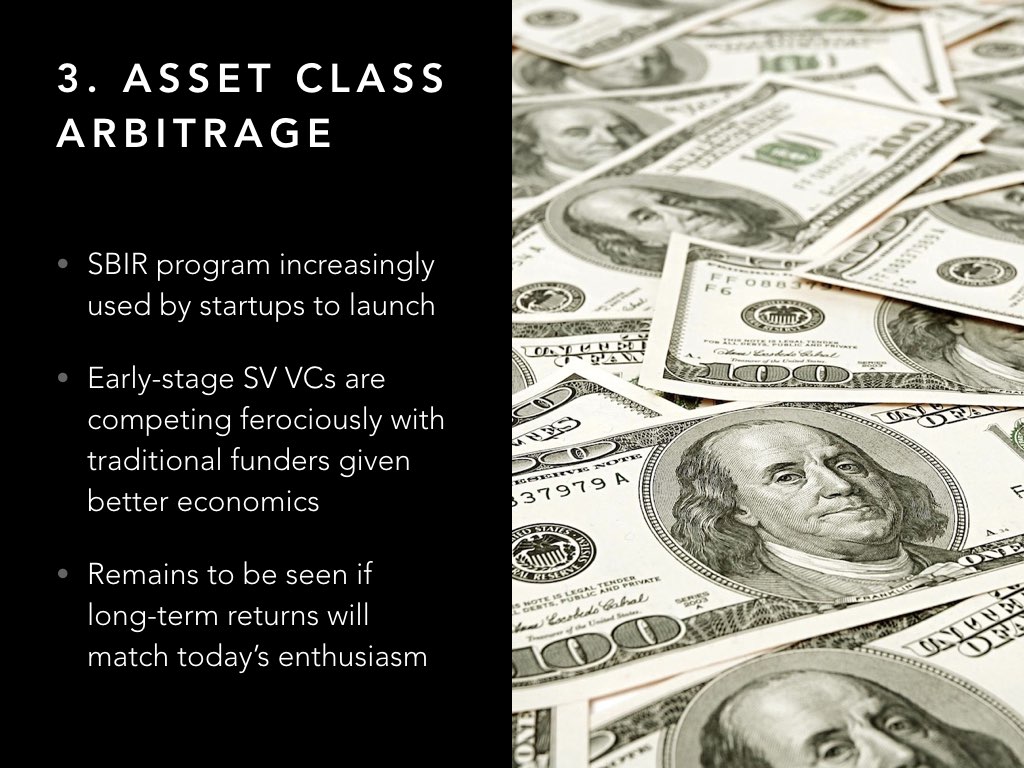
SBIR program increasingly used by startups to launch
Early-stage SV VCs are competing ferociously with traditional funders given better economics
Remains to be seen if long-term returns will match today’s enthusiasm
4.New Strategies for building regulated startups
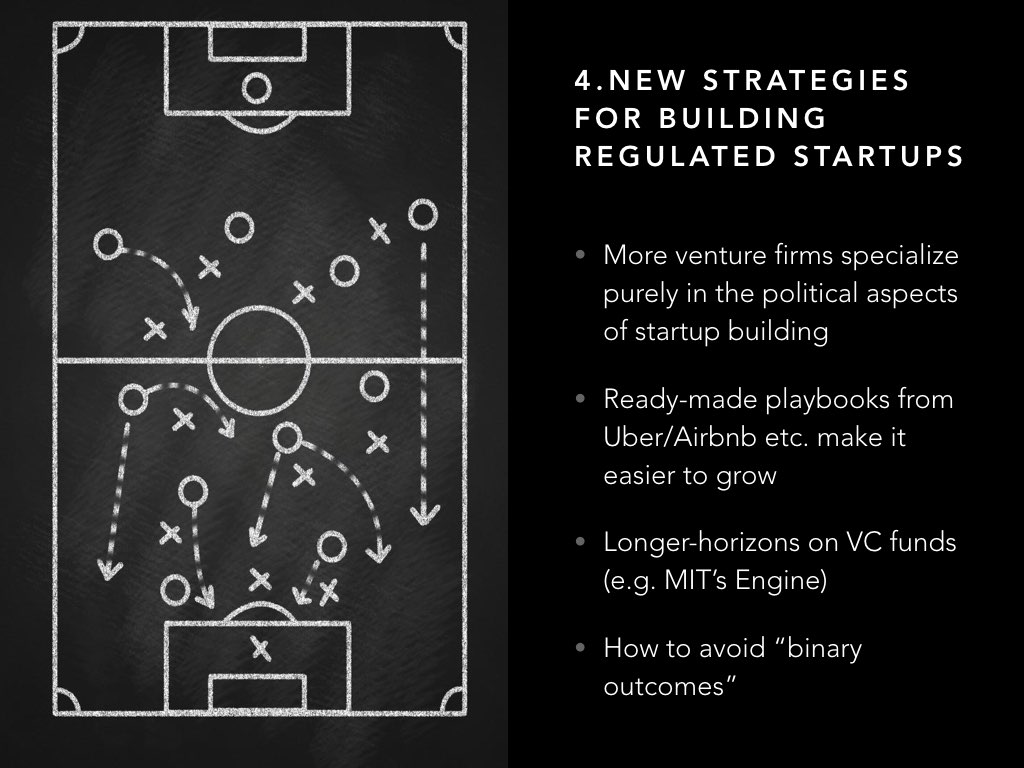
More venture firms specialize purely in the political aspects of startup building
Ready-made playbooks from Uber/Airbnb etc. make it easier to grow
Longer-horizons on VC funds (e.g. MIT’s Engine)
How to avoid “binary outcomes”
5. Center of gravity remains in SV
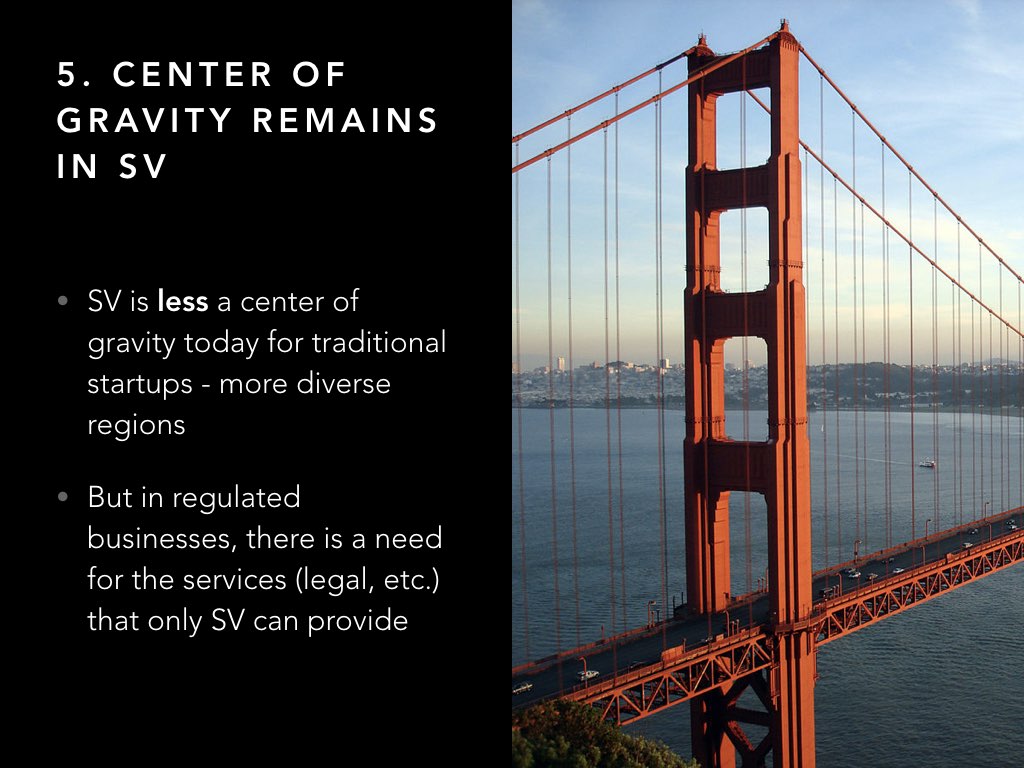
SV is less a center of gravity today for traditional startups - more diverse regions
But in regulated businesses, there is a need for the services (legal, etc.) that only SV can provide
Building a Startup Today
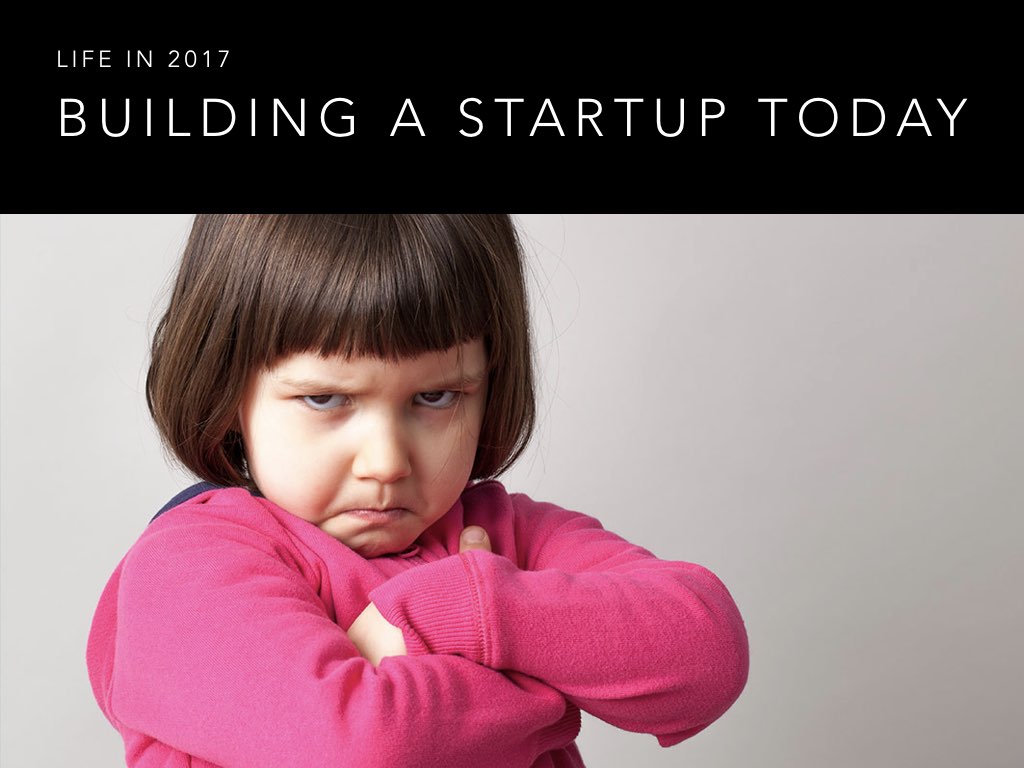
Life in 2017
1. Finding a niche Is hard

Unlike consumer apps where “imagination” can take you to your destination, regulated startups require a lot of strategy up front
Learn from a wide variety of professionals and sources
2. Product Design is really hard

Product design is much more challenging with regulated businesses - in some cases, pre-approval before you can even use in the field
Find feedback loops early
3. Finding the “right” team is hard
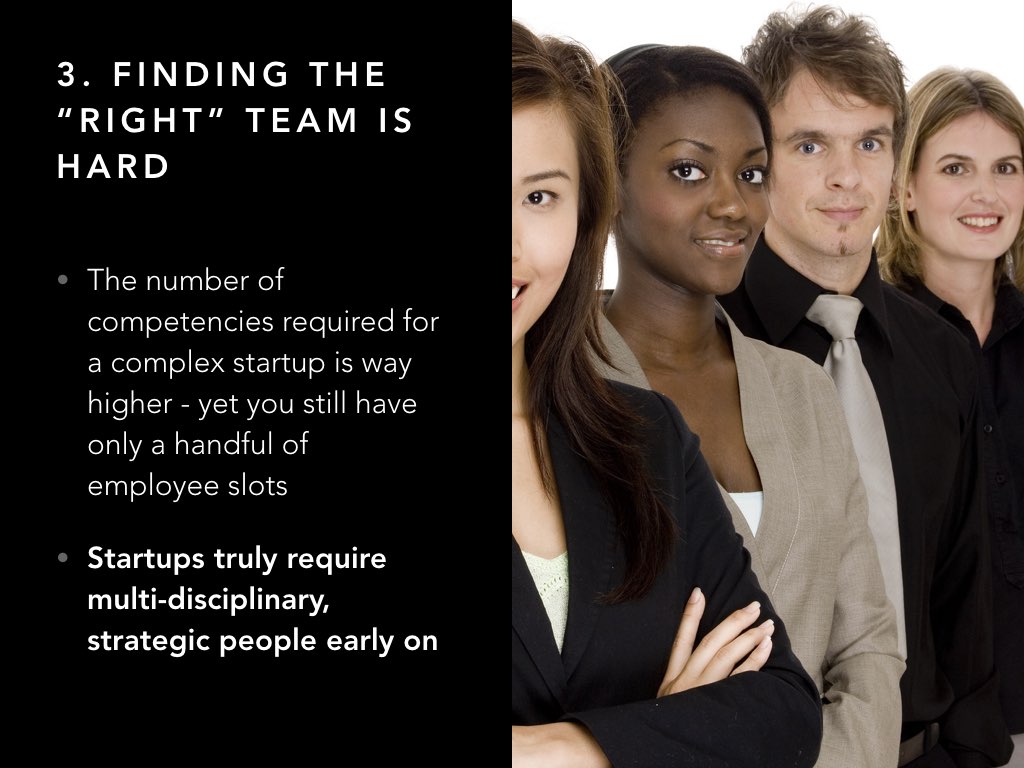
The number of competencies required for a complex startup is way higher - yet you still have only a handful of employee slots
Startups truly require multi-disciplinary, strategic people early on
4. Monopolies are a problem
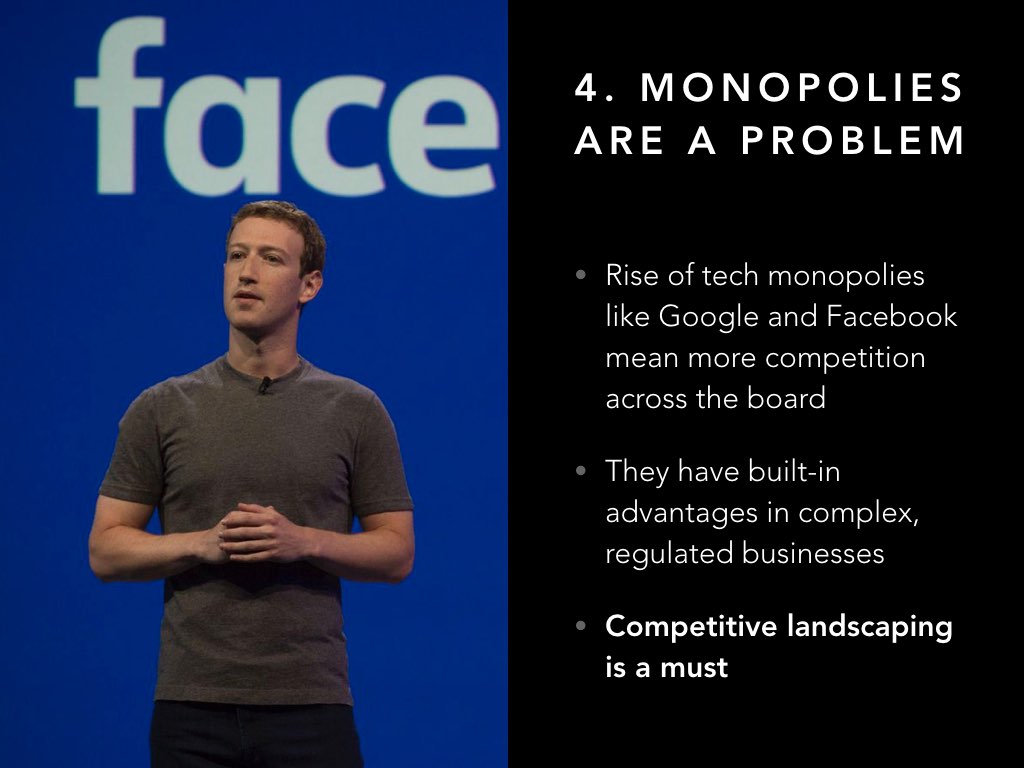
Rise of tech monopolies like Google and Facebook mean more competition across the board
They have built-in advantages in complex, regulated businesses
Competitive landscaping is a must
So what are the benefits?

Work on more interesting and impactful problems
Competitive moats that might be sustainable long-term
Valuations can skyrocket if you pass certain hurdles
Exits are potentially more interesting as well
What I’ve Been working on
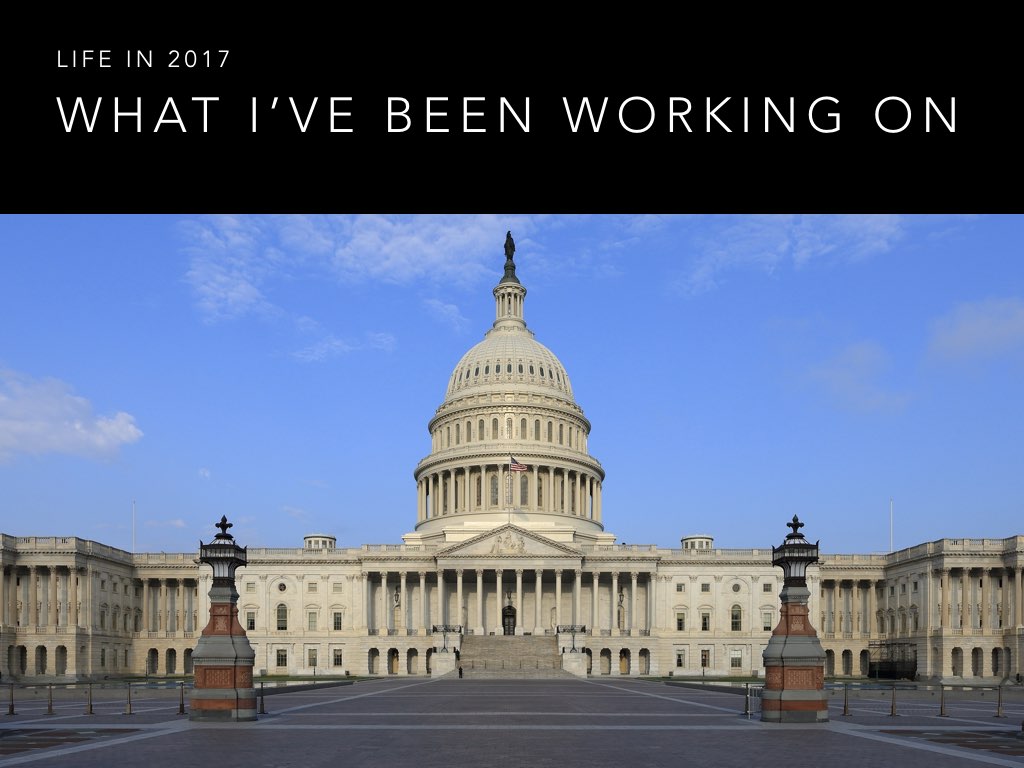
Life in 2017
Questions?
